Toward a Legal Geographies of Health
The law is noticeably absent from the World Health Organization’s landmark 2010 conceptual framework on social and structural determinants of health. Yet, the law’s role in shaping population health and health inequities has long been an arena for health activism and public health advocacy. For example, activists and public health professionals invariably point to the conflicts between the criminalization of drug use and the goals of harm reduction, human rights, and health equity. People working to reduce HIV prevalence and inequities similarly point to the negative effects that criminalization of HIV exposure has had, particularly on already vulnerable populations. In 2018, the American Public Health Association issued ground shifting policy statement on law enforcement violence as a public health issue. This statement built on the growing body of interdisciplinary research establishing the criminal legal system as a determinant of health. Similar work is being done on migration policing and the effects of xenophobic policies and political climates for the health of (im)migrants. What does human geography have to contribute to these understandings? This paper establishes a conceptual terrain through which a field of legal geographies of health can bridge the insights of legal and health geographies. I argue that feminist geolegalities with its emphasis on the intertwining of the global and the intimate offers a particularly fruitful place to begin.
Jenna M. Loyd is an associate professor in the Department of Geography at the University of Wisconsin-Madison. Her research has focused on two principal areas: the social production of health inequities and the geopolitics of asylum and refuge. Her most recent work brings these interests together in studies on how trauma has figured into US refugee resettlement and a new project on immigration law as a structural determinant of health. Her work is informed by feminist geopolitics, Black feminist intersectionality theory, critical refugee studies, critical ethnic studies, and disability studies. She has used a range of methods, including archival, qualitative, and community-engaged approaches. She is the author of Health Rights Are Civil Rights: Peace and Justice Activism in Los Angeles, 1963-1978 (2014, University of Minnesota Press), co-editor, with Matt Mitchelson and Andrew Burridge, of Beyond Walls and Cages: Prisons, Borders, and Global Crisis (2012, University of Georgia Press), and co-author, with Alison Mountz, is Boats, Borders, and Bases: Race, the Cold War, and the Rise of Migration Detention the United States (2018, University of California Press). She is also co-organizer, with Kristina Huang, of the Abolition and Refuge workshop.

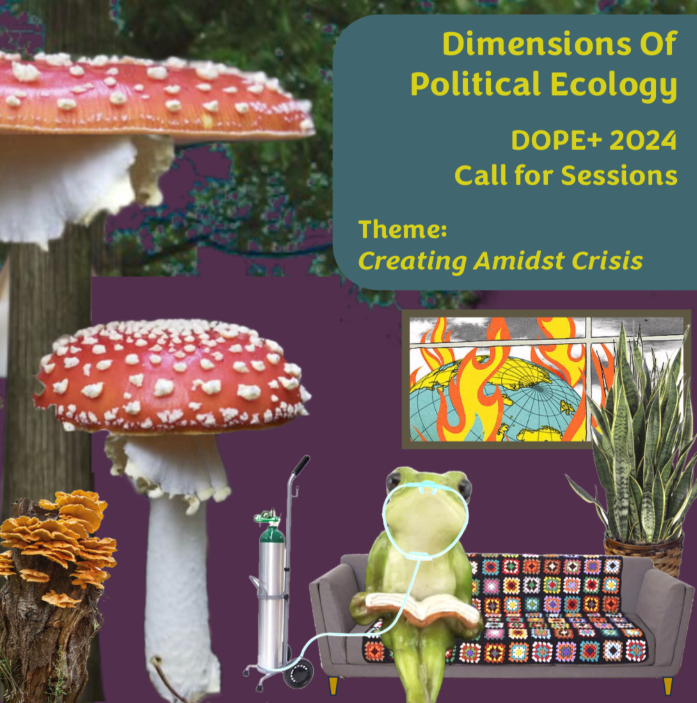
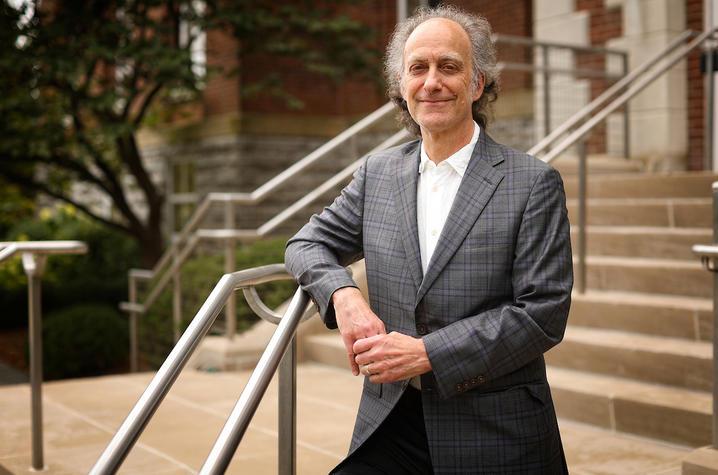
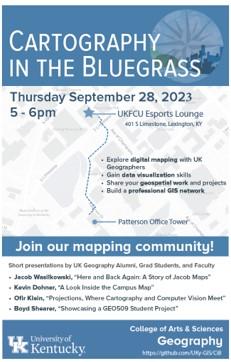
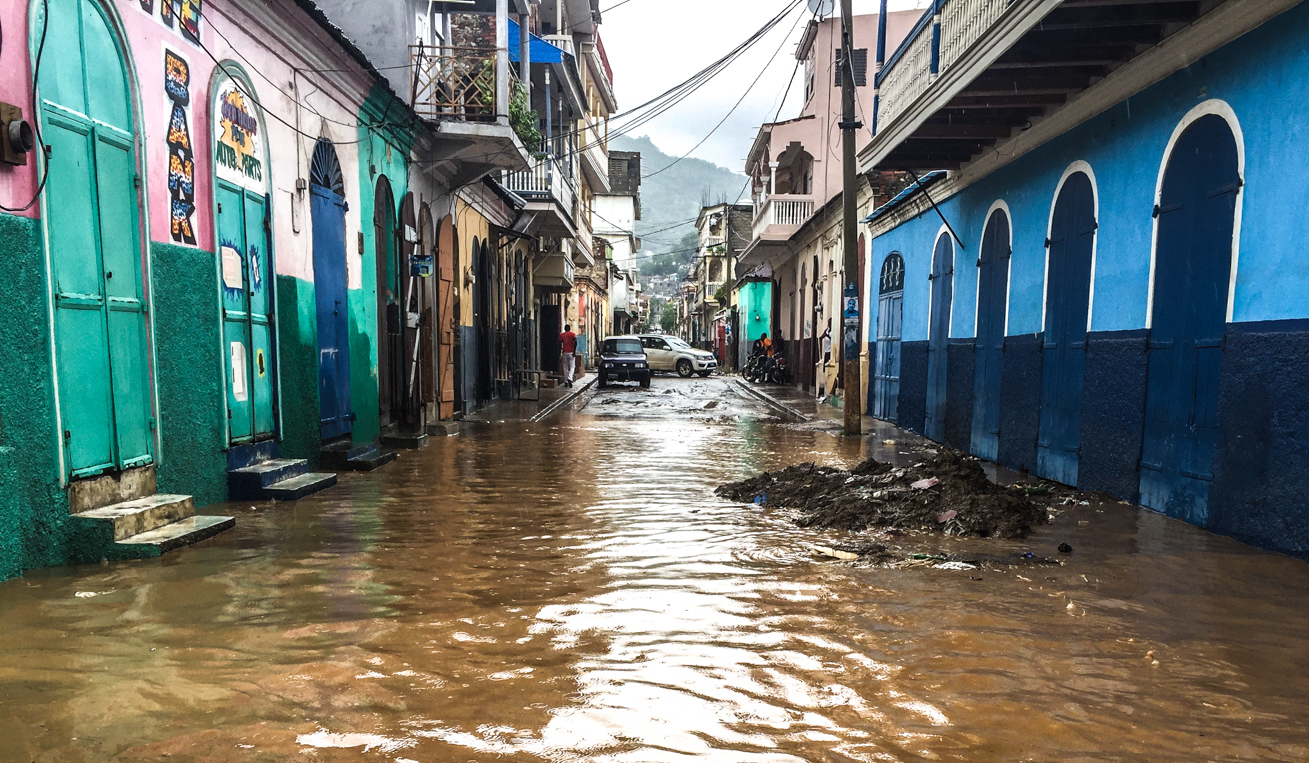
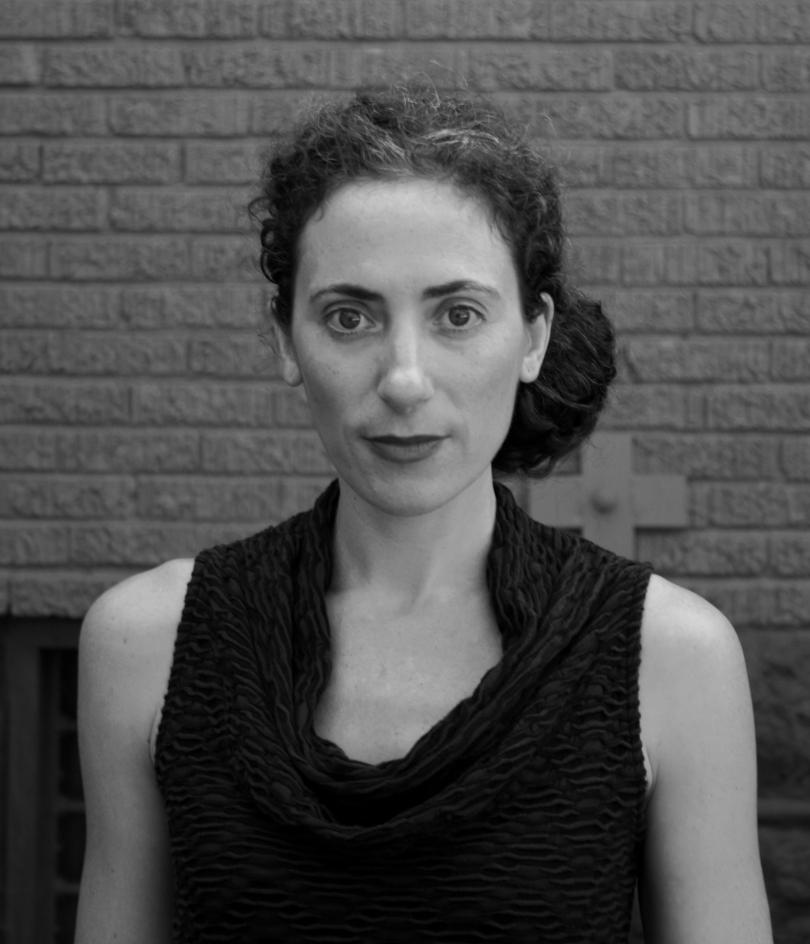 Sara Safransky is a human geographer and Assistant Professor in the Department of Human and Organizational Development at Vanderbilt University. She is the author of The City after Property, co-editor of A People’s Atlas of Detroit, and co-producer of its sister documentary, A People’s Story of Detroit. Her writing can be found in Antipode, International Journal of Urban and Regional Research, Environment & Planning D, Urban Geography, and elsewhere.
Sara Safransky is a human geographer and Assistant Professor in the Department of Human and Organizational Development at Vanderbilt University. She is the author of The City after Property, co-editor of A People’s Atlas of Detroit, and co-producer of its sister documentary, A People’s Story of Detroit. Her writing can be found in Antipode, International Journal of Urban and Regional Research, Environment & Planning D, Urban Geography, and elsewhere.